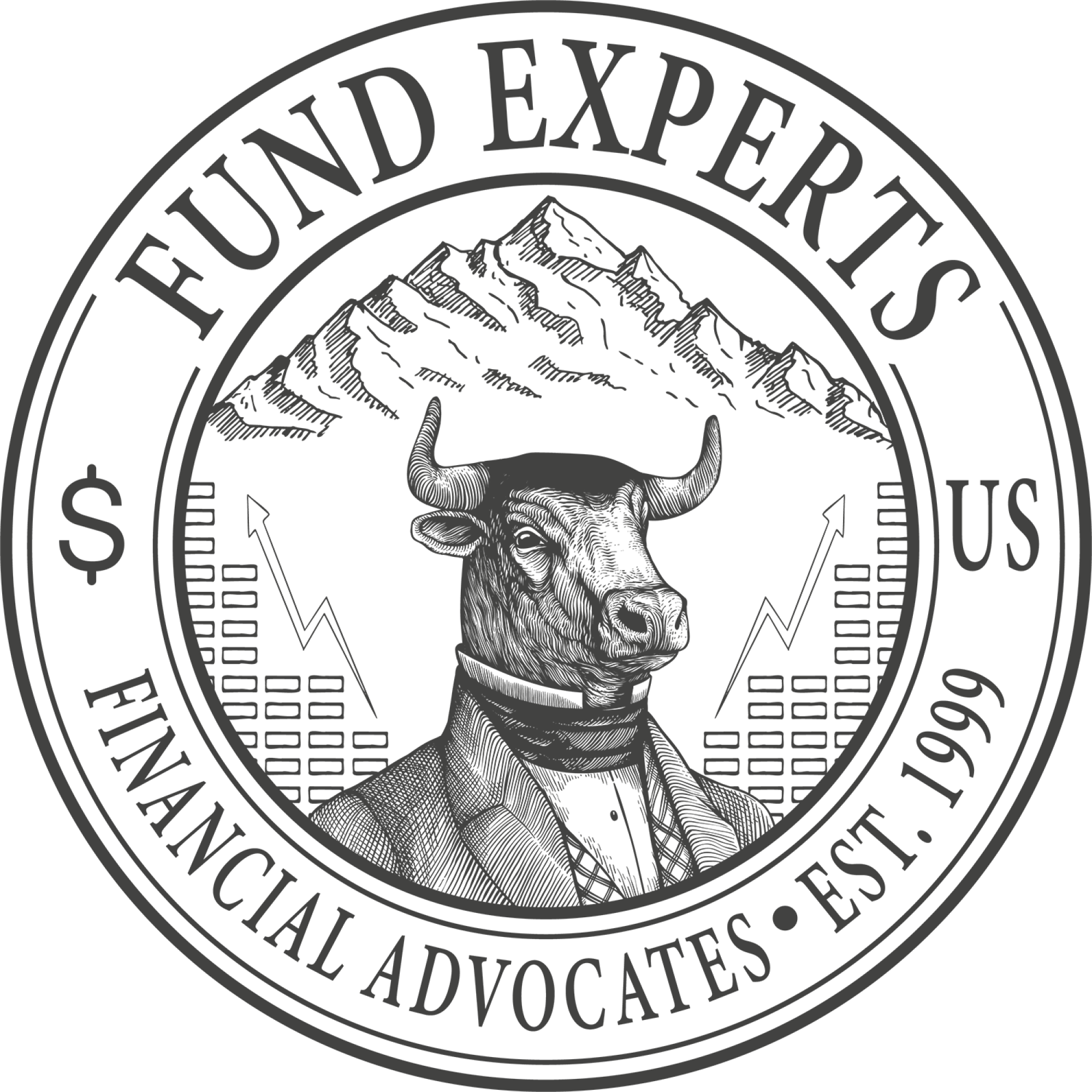Selecting the right financial advisor is a crucial step towards achieving your financial goals and securing your future. However, it’s equally important to periodically evaluate and verify the performance and integrity of your chosen advisor. In this article, we’ll provide you with a comprehensive guide on how to check your financial advisor.
10 Essential Steps to Choosing the Right Financial Advisor for Your Future
In today’s complex financial landscape, finding the right advisor to entrust with your financial future is paramount. Whether you’re planning for retirement, investing for your children’s education, or simply looking to grow your wealth, the expertise and guidance of a qualified financial advisor can make all the difference. However, not all advisors are created equal, and it’s crucial to do your due diligence before making a decision. Here are ten essential steps to help you choose the right advisor for your needs:
- Verify Credentials and Qualifications: Before you commit to working with an advisor, take the time to verify their credentials. Look for designations such as Certified Financial Planner (CFP), Chartered Financial Analyst (CFA), or similar credentials that demonstrate a high level of expertise and adherence to professional standards.
- Review Regulatory Compliance: Ensure that your advisor is registered with the appropriate regulatory bodies in your country. In the United States, for example, this involves checking databases such as the Securities and Exchange Commission (SEC) or the Financial Industry Regulatory Authority (FINRA) to confirm their compliance.
- Check for Disciplinary History: Investigate whether your advisor has a history of disciplinary actions or complaints. This information is typically available on regulatory websites and can help you identify any potential red flags.
- Evaluate Experience and Specialization: Consider the experience and expertise of your potential advisor. A seasoned advisor who specializes in areas aligned with your financial goals can offer valuable insights and strategies tailored to your needs.
- Understand Fee Structure and Compensation: Transparent fee structures are essential for maintaining trust in the advisor-client relationship. Make sure you fully understand how your advisor is compensated, including any potential conflicts of interest that may arise.
- Assess Investment Philosophy: Understand your advisor’s investment philosophy and ensure it aligns with your risk tolerance, time horizon, and overall financial objectives. Discuss their approach to investing to ensure it matches your comfort level.
- Track Record and Performance: Request performance reports detailing the historical returns of investments in your portfolio. Compare these results against relevant benchmarks to gauge the effectiveness of your advisor’s strategies.
- Communication and Accessibility: Effective communication is key to a successful advisor-client relationship. Ensure your advisor is accessible and responsive to your inquiries, concerns, and updates regarding your financial situation.
- Get Client References: Request references from current or former clients who can provide insights into their experiences with the advisor. Hearing about real-world experiences can be invaluable in making an informed decision.
- Stay Informed and Educated: Lastly, commit to staying informed and educated about your financial situation. A good advisor will empower you with knowledge and help you make informed decisions about your finances.
Choosing the right financial advisor requires careful consideration and due diligence. By following these ten essential steps, you can ensure that you find an advisor who is not only qualified and trustworthy but also aligned with your financial goals and values. Your financial future is too important to leave to chance – take the time to find the right advisor for you.
Take the initiative to educate yourself about financial matters. This will empower you to ask informed questions and understand the advice you’re receiving. A good advisor will appreciate an engaged and informed client.
Regularly assessing your financial advisor’s performance and integrity is a crucial aspect of maintaining a healthy financial plan. Remember, if you don’t have the background to constantly do all of these steps, you should hire a professional to ensure your most valueable assets are not being compromised and managd approrpaitely. Your financial well-being is of utmost importance, and taking the time to check your advisor is a responsible step towards securing your financial future.



